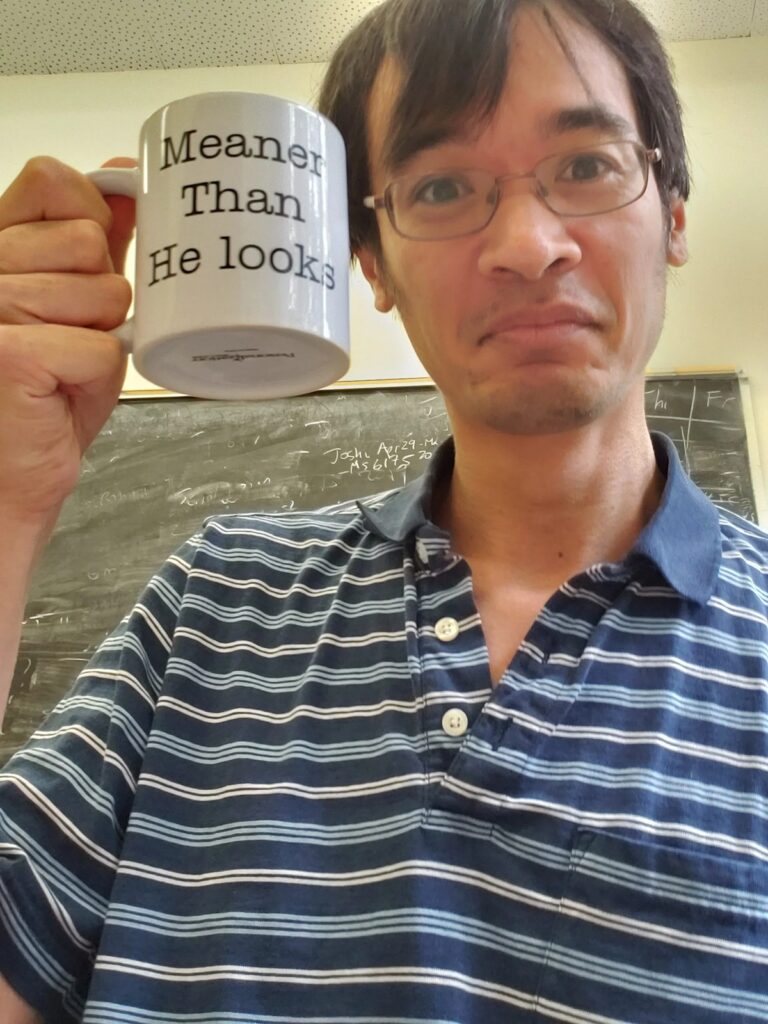In the world of mathematics, there are minds that transcend conventional thinking, and Terence Tao is undoubtedly one of them. His brilliance in the realm of numbers and equations has earned him a reputation that reaches beyond academia. In fact, his intellectual capacity is so vast that mathematician Timothy Gowers, a Fields Medalist himself, once remarked, “It has been said that David Hilbert was the last person to know all of mathematics, but it is difficult to find gaps in Tao’s knowledge, and when they appear, they are often filled the very next year.”
A Prodigy From the Start
Born in Adelaide, Australia on July 17, 1975, Terence Tao showed signs of brilliance from an extraordinarily young age. Unlike most children, Tao’s curiosity and intellect were boundless. By the age of 9, Tao was attending Flinders University, where he plunged into the depths of advanced mathematics—a place usually reserved for the brightest minds.
But his story didn’t stop there. At the tender age of 10, Tao participated in the International Mathematical Olympiad (IMO), a competition typically reserved for students much older than him. He continued his impressive streak, winning bronze, silver, and gold medals over the course of several years. In 1988, at just 13 years old, he won a gold medal at the IMO, cementing his place as one of the brightest young minds in the field of mathematics.
An Astounding IQ
By 21, Tao had earned his Ph.D. from Princeton University, rapidly becoming a recognized genius in the field. His contributions spanned various mathematical disciplines, including harmonic analysis, number theory, and partial differential equations, where he solved problems that had eluded experts for decades. With over 300 scientific papers to his name, Tao’s work has revolutionized entire areas of mathematics.
But it’s not just his work that stands out—his intellectual capacity is nothing short of extraordinary. With an IQ of 230, Tao’s brilliance is hard to rival. To put that in perspective, the average IQ is around 100, and Albert Einstein was estimated to have an IQ of 160. At just 8 years old, Tao scored a remarkable 760 out of 800 in the math section of the SAT, a feat that only one other child in history has achieved.
In 2006, his extraordinary contributions were recognized with the prestigious Fields Medal, often referred to as the Nobel Prize of Mathematics, solidifying his position as one of the greatest minds of his generation.
An Inspiration to Future Mathematicians
Beyond his accolades, Terence Tao serves as an inspiration to aspiring mathematicians worldwide. His passion, curiosity, and perseverance are qualities that have driven his success. Despite his vast intellect, Tao remains notably humble, fostering a warm and collaborative environment for his colleagues and students.
What truly sets Tao apart, however, is his ability to approach problems with a unique, panoramic perspective. He sees the big picture—grasping the underlying essence of complex mathematical problems. His work often paves the way for new, revolutionary perspectives, offering fresh insight into previously unsolved challenges.
Tao is also an advocate for sharing knowledge and encouraging collaboration. Through his blog, he provides valuable advice for fellow mathematicians, offering insights on how to approach mathematical problems, advance in their careers, and continue learning. His approachability and clarity in explaining complicated concepts make him not just a genius, but also a generous mentor.
A Legacy of Mathematical Discovery
While Terence Tao’s work continues to push the boundaries of mathematics, his legacy is far more than just the problems he has solved. It is his humility, dedication, and his ongoing commitment to sharing his knowledge that make him an enduring figure in the world of mathematics.
As one of the smartest minds in the world, Tao shows us that intelligence isn’t just about raw numbers or formulas—it’s about curiosity, collaboration, and a relentless pursuit of understanding the world around us. His story is a testament to the power of intellectual passion, and his influence will undoubtedly continue to inspire future generations of mathematicians.






